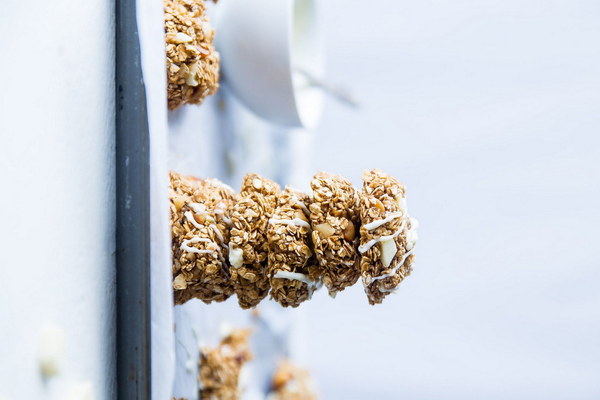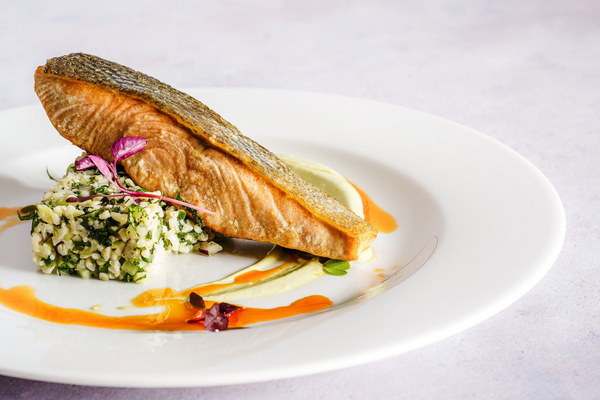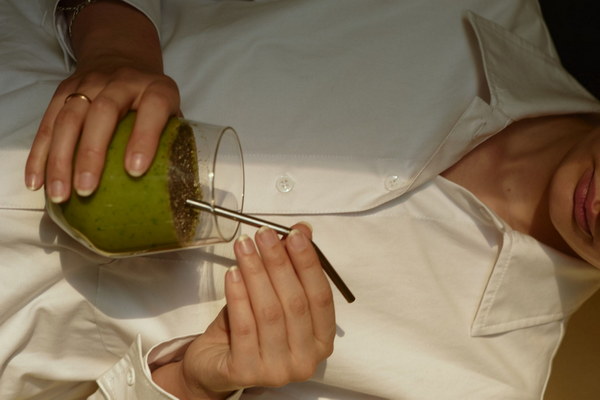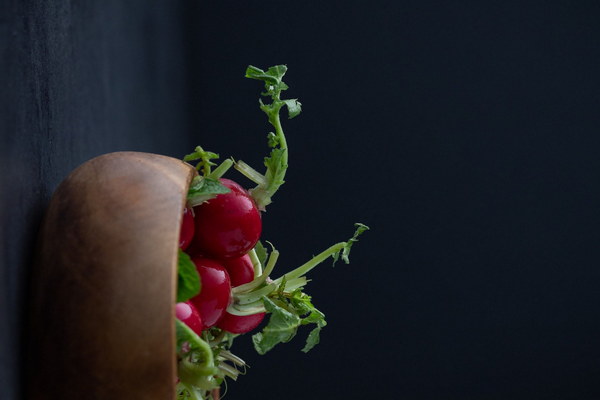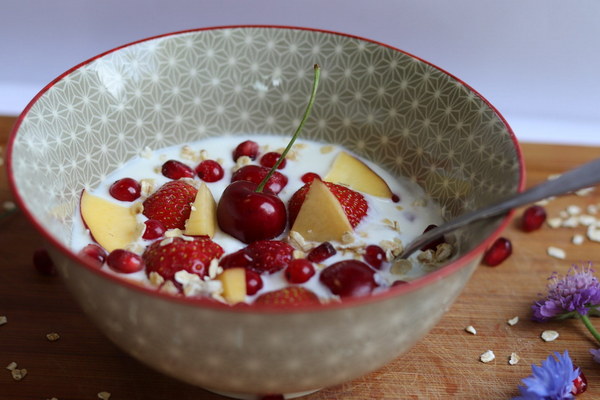Revolutionary Composition Unveiling the Secrets of Wenfei Qingwen Decoction
In the realm of traditional Chinese medicine, the Wenfei Qingwen Decoction has emerged as a powerful herbal formula, renowned for its efficacy in treating respiratory conditions. This composition, with its carefully selected herbs, has garnered attention from both practitioners and patients alike. Let us delve into the mysteries behind the Wenfei Qingwen Decoction and explore its remarkable healing properties.
The Wenfei Qingwen Decoction is a classic herbal formula that originated in the Song Dynasty (960-1279 AD). It was first recorded in the Shang Han Za Bing Lun (Treatise on Cold Damage and Miscellaneous Diseases) by Zhang Zhongjing, a renowned physician in ancient China. Over the centuries, this formula has been modified and refined to suit the changing needs of patients.
The Wenfei Qingwen Decoction is primarily used to treat respiratory infections, such as common cold, influenza, and pneumonia. Its efficacy lies in its ability to clear heat, disperse cold, and resolve phlegm. The formula consists of the following herbs:
1. Gancao (Radix Glycyrrhizae): Known as licorice root, this herb serves as the master ingredient, harmonizing the other herbs and enhancing their therapeutic effects.
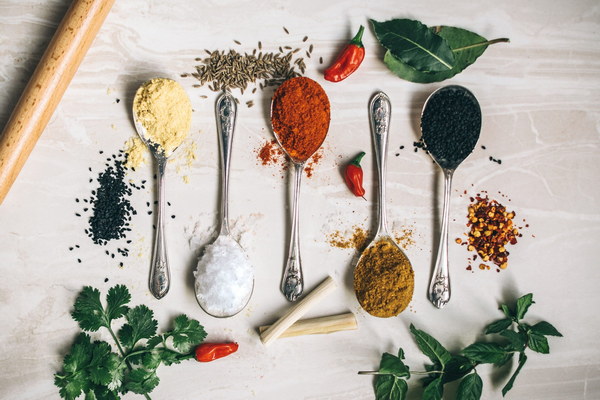
2. Shaoyao (Radix Paeoniae Alba): Also known as white peony root, it has anti-inflammatory properties and helps to nourish the liver and blood.
3. Zhishi (Fructus Amomi): This spice, commonly known as star anise, is used to warm the middle burner, dispersing cold and resolving phlegm.
4. Baizhu (Rhizoma Atractylodis Macrocephalae): White atractylodes root is a potent herb that strengthens the spleen and prevents dampness from accumulating in the body.
5. Fuzi (Radix Aconiti Lateralis Preparata): Prepared aconite root, also known as cinnamon twigs, is a powerful herb that warms the lungs, disperses cold, and resolves phlegm.
6. Zhigancao (Radix Angelicae Sinensis): Also known as dang shen, this herb nourishes the blood and strengthens the immune system.
7. Chuanxiong (Rhizoma Chuanxiong): Chuanxiong, or Chinese lovage, is used to promote blood circulation and relieve pain.
8. Xingren (Semen Armeniacae Amarum): Bitter apricot seed is a potent herb that resolves phlegm and relieves coughing.
The combination of these herbs in the Wenfei Qingwen Decoction creates a synergistic effect, targeting the root cause of respiratory infections. When administered appropriately, this formula can alleviate symptoms such as fever, cough, phlegm, and body aches.
One of the key advantages of the Wenfei Qingwen Decoction is its adaptability. Practitioners can modify the formula by adding or subtracting herbs to suit the specific needs of their patients. For instance, if a patient exhibits symptoms of dampness, herbs like Baizhu and Zhishi may be added to strengthen the spleen and disperse dampness. Conversely, if a patient has a weakened immune system, herbs like Zhigancao and Chuanxiong can be included to enhance their immunity.
Modern research has also confirmed the efficacy of the Wenfei Qingwen Decoction. Studies have shown that the formula possesses antiviral, antibacterial, and anti-inflammatory properties, making it an effective treatment for respiratory infections. Additionally, the herbs used in the formula have been found to have antioxidant and immune-enhancing effects, further contributing to its therapeutic benefits.
In conclusion, the Wenfei Qingwen Decoction is a remarkable herbal formula that has stood the test of time. Its carefully selected herbs work together to clear heat, disperse cold, and resolve phlegm, making it an excellent choice for treating respiratory infections. As both practitioners and patients continue to explore the wonders of traditional Chinese medicine, the Wenfei Qingwen Decoction will undoubtedly remain a cherished and invaluable herbal formula.

